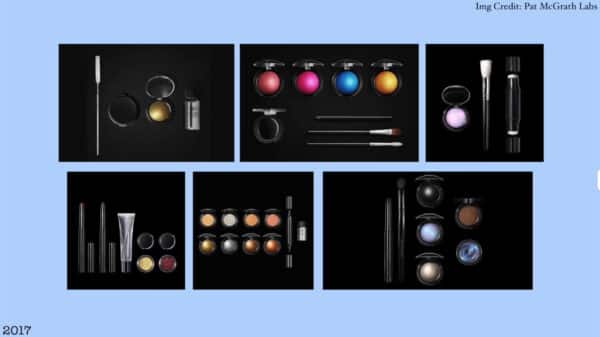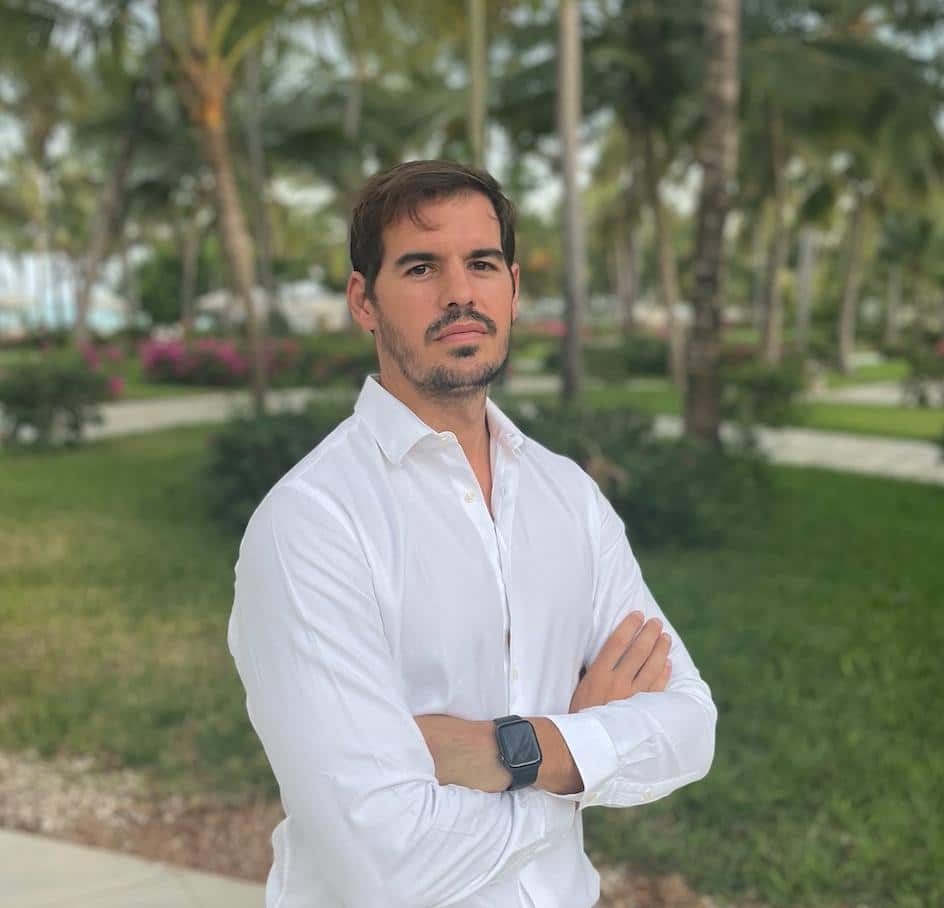Insights from Richard Faus, Director of 5-Star Hotels
In a market where the term “luxury” is often used liberally, identifying what truly separates an extraordinary hotel from one that is simply high-end is both an art and a science. For Richard Faus, one of the world’s most respected 5-star hotel directors, who built his career at brands like Ritz-Carlton and Mandarin Oriental, true luxury goes beyond the obvious. “It’s not just about Italian marble or a climate-controlled wine cellar in the room. Real luxury is orchestrated in the invisible, in what the guest feels even before they realize it,” says Faus.
With an extensive career leading some of the most awarded properties in the global hospitality industry, Richard argues that luxury is the sum of meticulously considered details, aligned with genuinely human service. His experience reflects a rare and sophisticated vision of what truly matters to guests who seek more than just a stay — they are looking for a memory.
Beyond the Surface: The Essence of Luxury
When thinking of luxury hotels, one may imagine infinity pools and panoramic suites. But for Faus, these elements are only the beginning. “Luxury begins with the emotional experience. It’s how you’re greeted, how each need is anticipated before you even express it,” he explains.
Behind the scenes of the great hotel icons, he shares that every gesture, every word, and every detail is rehearsed and fine-tuned to feel natural. At the Ritz-Carlton, for instance, it is well-known that staff learn the personal preferences of frequent guests, from the type of pillow to their favorite drink at the bar, creating a feeling of home away from home. “It’s the difference between treating someone like a number or as a special guest,” he says.
This personalized approach, he believes, represents the new gold of contemporary luxury: hyper-individualized service.
The Architecture of Detail
Another essential layer of true luxury lies in the almost obsessive attention to detail. At the Mandarin Oriental in Hong Kong, where Richard served as Director of Operations, precision went beyond elegant design. “The aroma of the lobby, the texture of the sheets, the exact temperature of the water in the outdoor pool — everything was calibrated to create a perfect sensory experience,” he recalls.
This pursuit of sensory excellence is based on rigorous studies and research into human behavior. Faus mentions that, for example, the lighting in the corridors was adjusted according to the time of day to avoid straining guests’ eyes, and that the room service menu was rewritten every season to reflect fresh ingredients and local trends.
“Nothing is by chance in a true luxury hotel. Every decision is made with the goal of creating an experience that the guest may not be able to explain, but will never forget,” explains the expert.
Despite all this complexity, maintaining consistency is one of the greatest challenges of a luxury hotel. According to Richard, a mistake, no matter how small, can ruin the entire guest perception. “It’s like an orchestra: one off-key note stands out more than the entire perfect symphony,” he compares.
That’s why staff training is one of the areas in which he invests most heavily. Continuous training programs, a culture of empowering staff to make quick decisions, and internal recognition programs are practices he implemented during his time at some of the world’s leading hotels.
“Luxury is, above all, about people. You can have the most beautiful hotel in the world, but if the service is not flawless, it will be just another one,” he concludes.
Data That Speaks: The Invisible Luxury
Richard also highlights a lesser-discussed — but essential — layer of luxury: what he calls “invisible luxury.” These are practices such as acoustic engineering that prevents noise in rooms, intelligent ventilation that maintains air quality without the guest noticing, or high-efficiency laundry logistics to ensure that clothes delivered the same day are flawless, without fabric wear.
“The guest will never see the work of a maintenance team working late into the night to ensure nothing goes wrong. But they will feel the comfort that this dedication provides. And that’s what creates an unforgettable experience,” emphasizes Faus.
According to the global consultancy Statista, the luxury hospitality market generated about $174 billion in 2023, with projections for continuous growth as high-net-worth travelers increasingly value personalized experiences over pure ostentation. The demand for authenticity and excellence in service is redefining traditional standards.
“Today, guests want to feel part of something unique. Simply paying a high price is no longer enough to satisfy them. It’s about creating moments that touch their emotions,” notes Faus, pointing to the growing appreciation for boutique hotels and tailor-made experiences.
A New Era for Luxury
As the profile of the high-end traveler evolves, luxury hotels must reinvent themselves. The new luxury is quiet, subtle, and deeply personal. For experts like Richard Faus, the future of luxury hospitality will be less about showcasing tangible wealth and more about creating lasting emotional bonds.
“When we manage to turn a stay into an unforgettable chapter in a guest’s personal story, then, and only then, are we practicing true luxury,” concludes Faus, with the serenity of someone who understands that, in a noisy world, the elegant silence of genuine care is what remains.




























